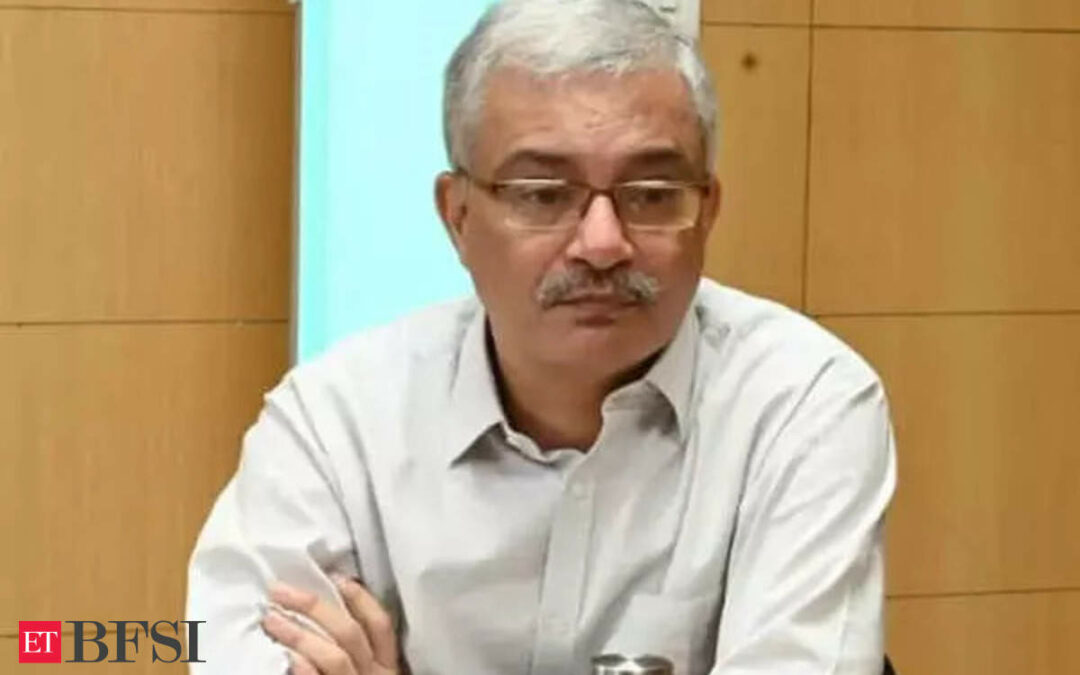Even after an infusion of USD 53 billion in FY22 into the market through various channels, the current working capital deficit stands at USD 112 billion in India. In the next five years, as the number of digital SMEs doubles, the demand for credit is expected to cross USD 570 billion, according to a recent report by Redseer and GetVantage.
Vivek Joshi, Secretary, DFS, Ministry of Finance of India highlighted that the future of SME financing is going to be very interesting in this digital era.
“When all sectors of economy is moving towards a transformation each entity will have to look at their internal processes to digitise so that it increases their efficiencies and they don’t miss out on the digital transformation,” he said.
He said how generally the believe is that MSMEs need financial support, which is true but not enough.
“They need more than just financial support. They need handholding on subjects like marketing, expert advise to navigate markets globally, data, digital, taxation, financial guidance and advisory, etc.,” he stated.
MSMEs boosting India’s job market
The industry veteran added on how MSMEs play a major role in developing countries. It helps in job creation and global economy businesses.
MSME accounts for 90 per cent of the businesses globally, similarly the GDP and income is about 50 per cent from MSMEs, and employment from MSMEs is about 60-70 per cent as per US data.
“In emergency market most formal jobs are created by MSMEs, which is 7 out of 10 jobs. Threats to the MSMEs are threats to the economy,” Joshi maintained.
Government initiatives help MSMEs thrive
He also highlighted how government initiatives like ECLGS, Udyam portal, Mudra loans, TReDS platform, etc are helping the MSMEs thrive.
Speaking on similar lines, Bhagwat Karad, MoS, Ministry of Finance, Govt. of India on Tuesday highlighted that the government of India is bringing many reforms to improve the business, improve the SME performance.
“In the last 9 years under PM Narendra Modi, around 39,000 compliances in different sectors has been resolved which were there earlier, 1200 legal formalities have been improved across sectors, and this is all to remove the extra burden, extra work that one used to do, this is a sort-up to improve the business, towards ease of doing business,” he said.
Karad also shed light on many issues of MSMEs that they are still facing today. Easy flow of credit is one issue, how to improve the business – ease to doing business is the second issue and market facilitation is another issue. In finance flow of credit is important, availability of credit on time and at reasonable cost is very important.
“To make finance easily available the government of India gives target to banks that the banks should finance SMEs and MSMEs certain amounts. There are also many schemes in government to help the MSME sector,” he said.
“Finance Ministry came up with ECLGS where collateral wasn’t required and 20 per cent credit was given to SMEs and this has helped bring Indian economy to a normal stage within a stipulated period after Covid. TReDS gives MSMEs benefit of their invoices to raise the finance. Small industries, if they want to start their business there are different schemes like Stand-up India, Mudra, Startup india, etc,” the minister highlighted.
Karad further added that newer ways of MSME financing are also coming up.
“Fintechs are becoming a one stop shop for MSME financing. They are assisting MSMEs not only in availability of working capital but invoice financing, taxation, etc. Account aggregator framework can also play a revolutionary role for MSMEs, empowering them with greater control of their financial records,” he said.
Vivek Joshi and Bhagwat Karad from the ministry of finance were speaking at the Global SME Finance Forum 2023 in Mumbai.











